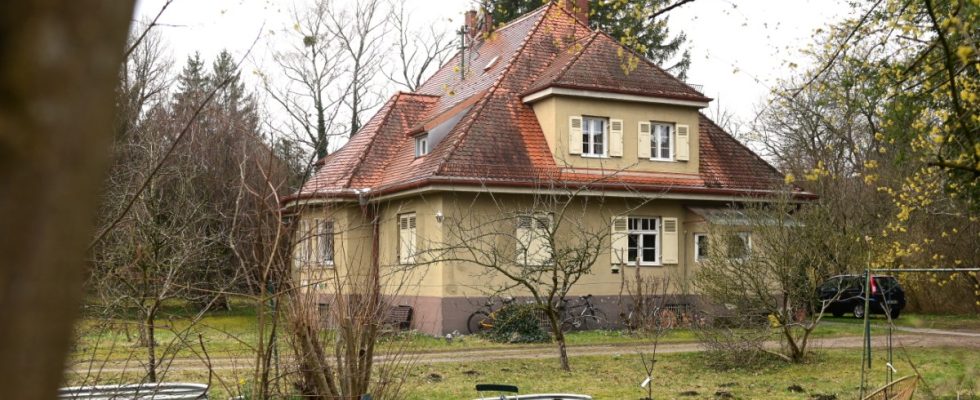The city wants to open four new accommodations for refugees with a total of almost 900 places. For this month alone, the government of Upper Bavaria has announced the allocation of 300 refugees from Ukraine to the state capital for accommodation, the social affairs department said upon request. “We constantly have to acquire more places and are constantly looking,” explained a spokesman. As of mid-January, almost 17,000 refugees from Ukraine were registered in Munich, around 14,000 of whom lived in private apartments and 3,000 in municipal accommodation. There were also more than 12,300 asylum seekers who were housed in state-run shared accommodation, housing projects and municipal accommodation.
The number of arriving refugees “remains at a high level and has recently risen steadily,” says social affairs officer Dorothee Schiwy, describing the situation. Assignments of 300 people per month can now be expected, whereas in the past few months there have been 50 people each. In addition, the lightweight halls on the exhibition grounds, which are currently occupied by 560 people, would only be available until the end of June. The city currently has a total of 4,693 places in 22 decentralized accommodations for asylum seekers. According to the social services department, 3,127 places are occupied, while 490 are reported as vacant. Around 1,000 places serve as reserves, which are needed due to structural measures and location relocations.
How difficult the search has become can be seen from the fact that the city is now relying on even the smallest neighborhoods. A municipal property at Forstenrieder Allee 250, which is a listed building, is now to be used to accommodate seven refugees. The country house from the 1920s is empty and, according to the social services department, is in good condition. Only the ground floor can be used; the upper floor must remain closed for traffic safety reasons.
The building is intended to accommodate “vulnerable people”, i.e. people who are sick, have a disability or are particularly in need of protection. Since this is regular living space that is being misused in the legal sense through temporary accommodation use, the consent of the city council’s social committee is required.
A new accommodation with up to 200 places is to be built at Albert-Roßhaupter-Straße 65. Since the building was largely used as a nursing home in the past, it was divided into residential groups, each with its own kitchen and sanitary facilities. After the necessary renovations, the dormitory will then be rented for ten years from the first quarter of 2025. The location is well developed and the Partnachplatz subway station is nearby.
Two decided locations will be waived
A container facility with up to 345 spaces for refugees on several floors is to be built on an undeveloped plot of land at Baierbrunner Straße 30 because the owner’s construction project has been delayed. The city wants to rent the location for five years from the beginning of 2025. A further 320 places are planned on an agricultural property belonging to the municipal estate on Savitsstrasse, which is currently still leased. Modular or container accommodation could be operated there for at least ten years from mid-2026.
However, the social department, in coordination with the Bogenhausen district committee, has decided not to use the controversial locations on Glücksburger Straße and Mirabellenweg, which were decided on a year ago, and is also complying with the request for a capacity limit, as there are already several accommodations in the surrounding area.
The three lightweight halls at Neuherbergstrasse 24 in the north of Munich will be dismantled and relocated to the existing location at Gerty-Spies-Strasse 9. Container accommodation can then be built on the open space as early as 2023.

